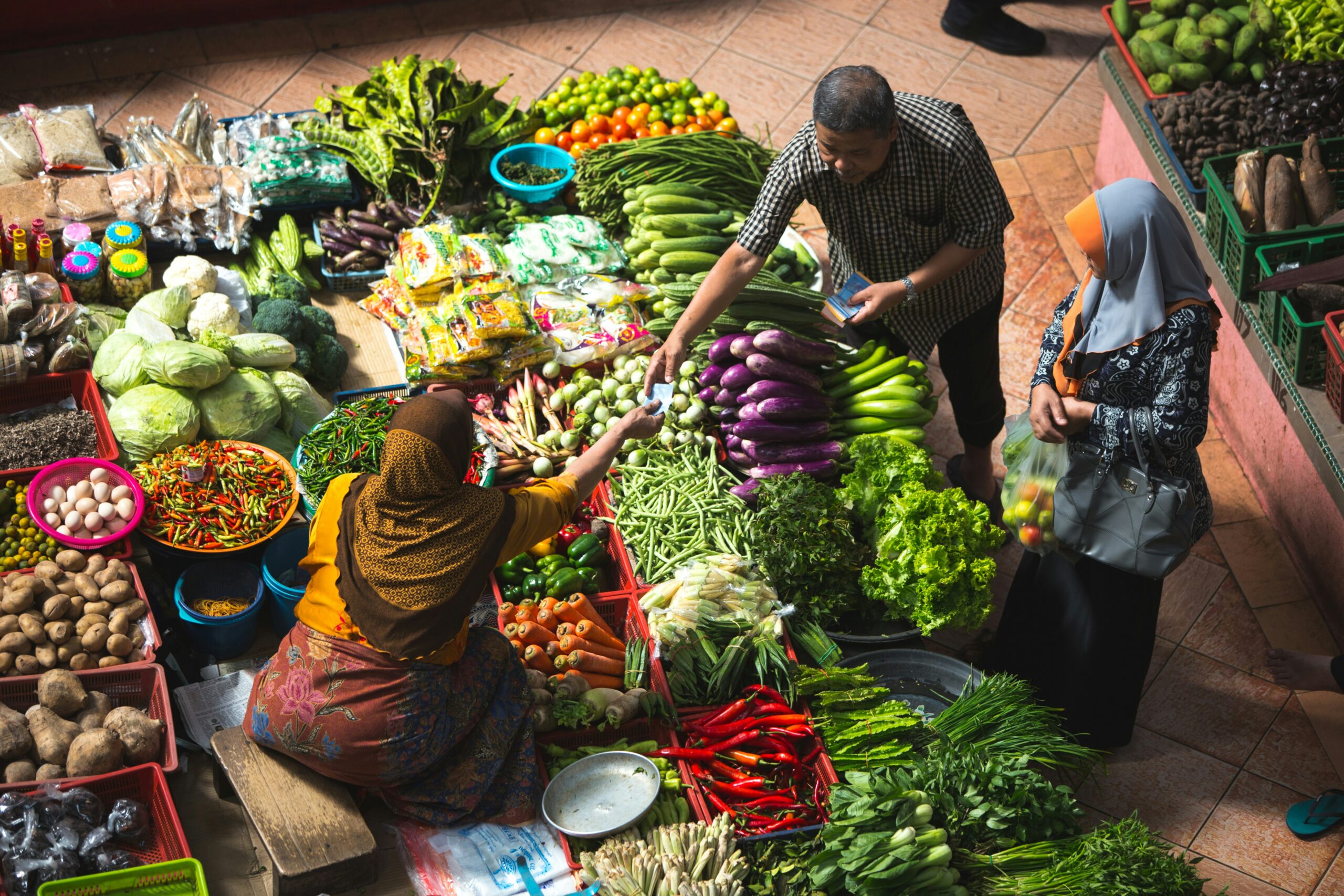Food is the single strongest lever to optimize human health and environmental sustainability on Earth. However, food is currently threatening both people and planet. An immense challenge facing humanity is to provide a growing world population with healthy diets from sustainable food systems. While global food production of calories has generally kept pace with population growth, more than 820 million people still lack sufficient food, and many more consume either low-quality diets or too much food. Unhealthy diets now pose a greater risk to morbidity and mortality than unsafe sex, alcohol, drug and tobacco use combined. Global food production threatens climate stability and ecosystem resilience and constitutes the single largest driver of environmental degradation and transgression of planetary boundaries. Taken together the outcome is dire.
A radical transformation of the global food system is urgently needed. Without action, the world risks failing to meet the UN Sustainable Development Goals (SDGs) and the Paris Agreement, and today’s children will inherit a planet that has been severely degraded and where much of the population will increasingly suffer from malnutrition and preventable disease.



